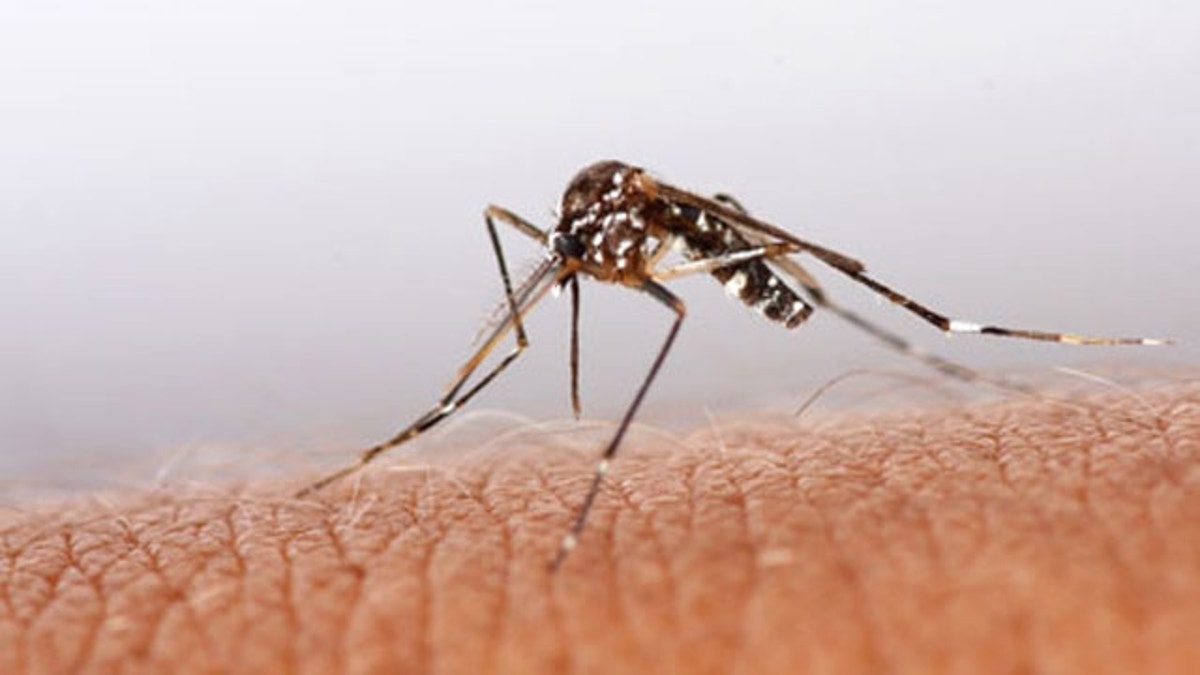
Despite a sharp drop in malaria-related deaths over the past decade, a veteran doctor here, in the heart of the world’s malaria belt, says now is the time to wage a large-scale battle with the mosquito-borne disease.
One colleague calls Nick White “the grandmaster” of drug therapy for malaria. Dr. White and other researchers worry about the resistance to artemisinin—a drug that has successfully helped treat the disease in recent years—that has emerged in Southeast Asia, in part due to low-quality or fake drugs and patients’ failure to take full courses of medication. The spread of drug-resistant malaria again looms large, as it did decades ago when resistance to another initially successful drug, chloroquine, spread to Africa at a cost of millions of lives.
The 63-year-old Dr. White has spent most of the last 35 years at the Mahidol Oxford Tropical Medicine Research Unit, or MORU. He was the organization’s longest-serving director and now serves as chair of the Wellcome Trust Southeast Asian tropical medicine research units.
Dr. White has seen malaria shift from a regional terror to a more contained danger over his career. Following widespread resistance to chloroquine, treatment options when Dr. White first arrived in Asia and throughout the 1990s were poor. The number of global deaths from the disease peaked at 1,817,000 in 2004. Malaria infected an estimated 198 million people and killed 584,000 globally in 2013, according to the World Health Organization.
More than two decades ago, he and his team conducted some of the first major trials on artemisinin, an herb discovered by the Chinese centuries earlier. The drug, used in combination with other medications, turned out to be so effective that many experts believed they might eradicate malaria. Artemisinin combination treatments remain the recommended first-line treatment today.
But Dr. White and others again are gravely concerned that without a push for eradication soon, enough malarial parasites will become resistant to artemisinin that elimination of the disease will become impossible. Therefore, he says, a more radical approach must take place, one beyond the usual strategy of detecting and treating sick people. He calls the next five years critical.
“The response to this emergency is far too slow,” Dr. White says. “Overall, I think this should be fought as a war, with research providing the real-time, actionable intelligence. Wars are not fought by committees.”
